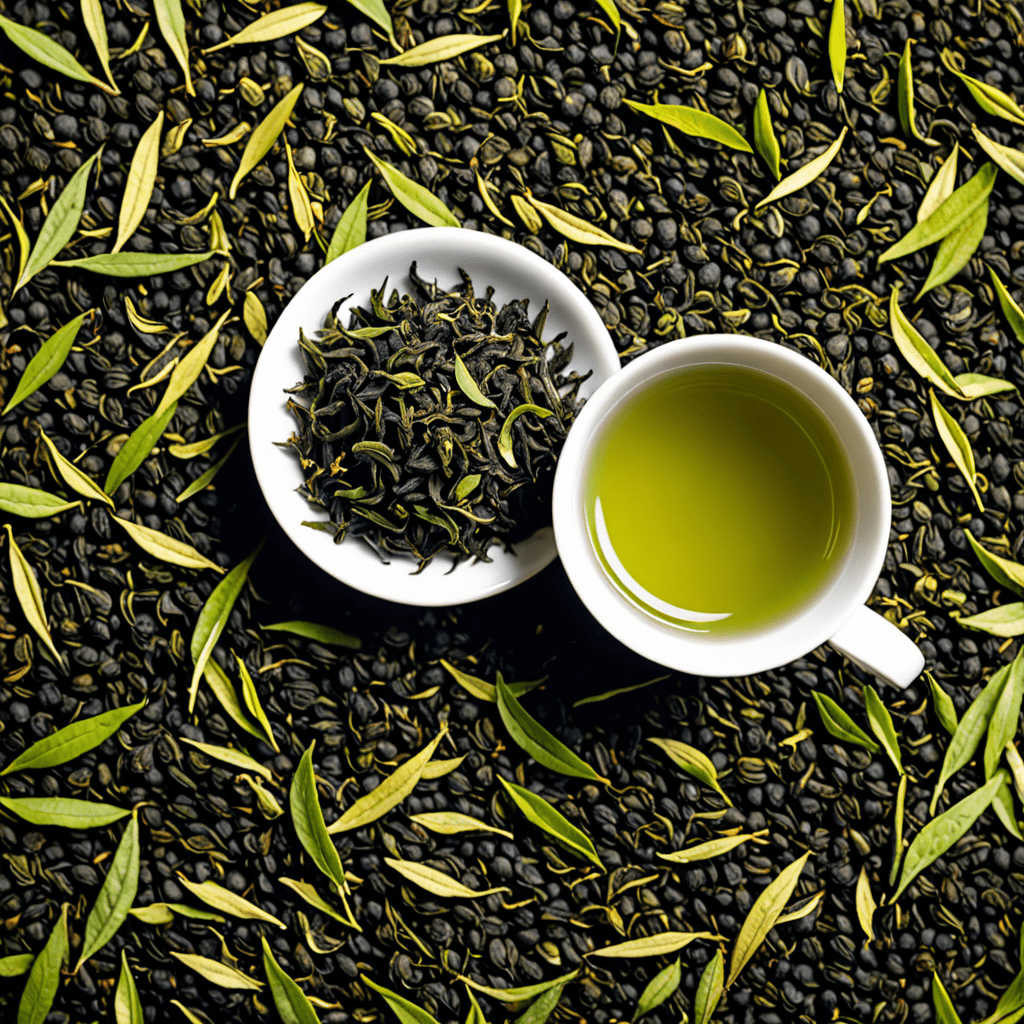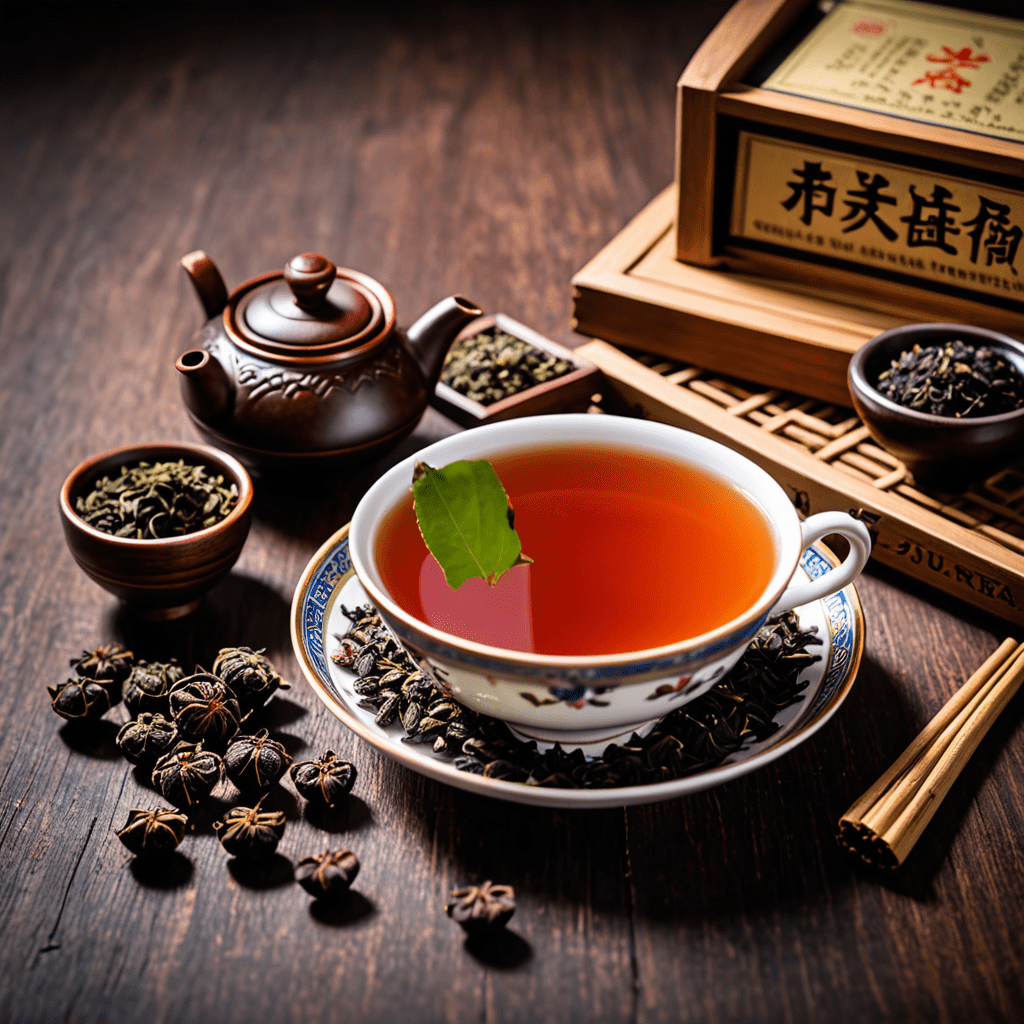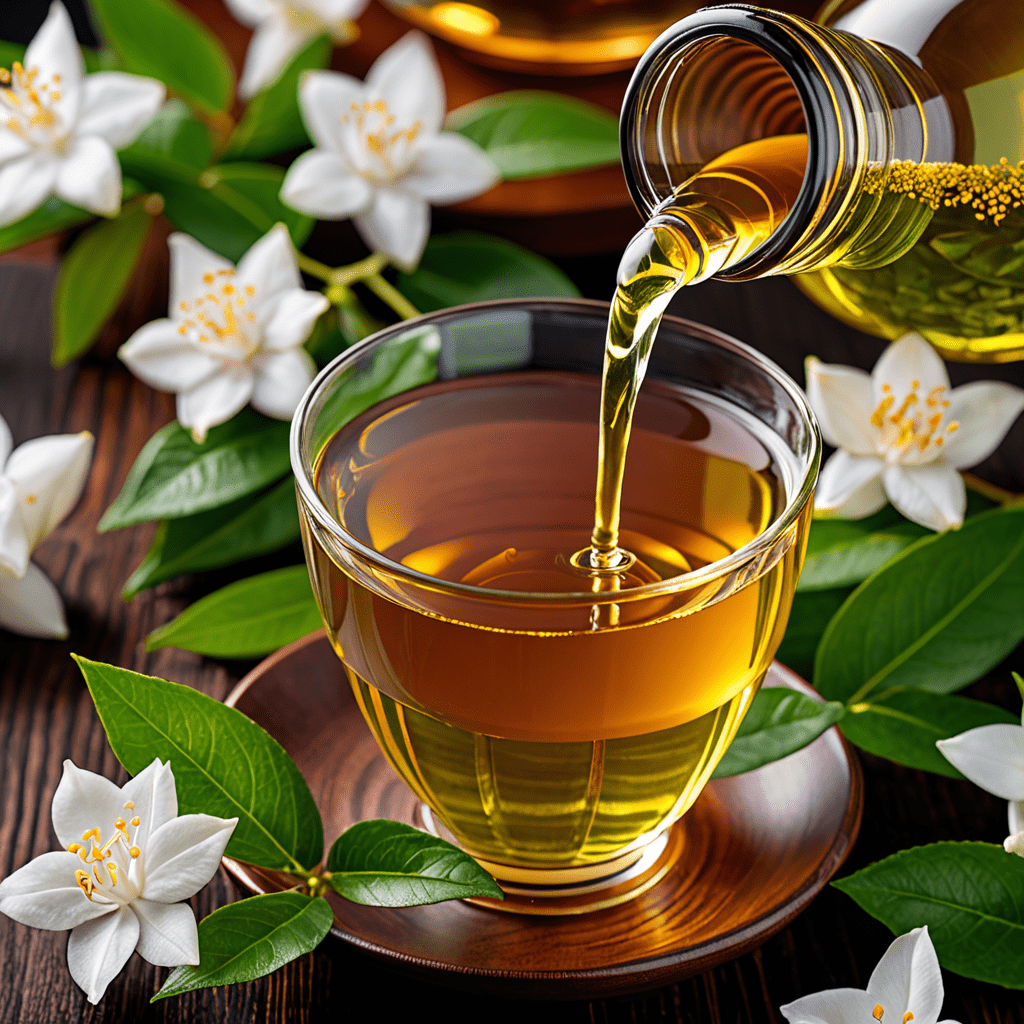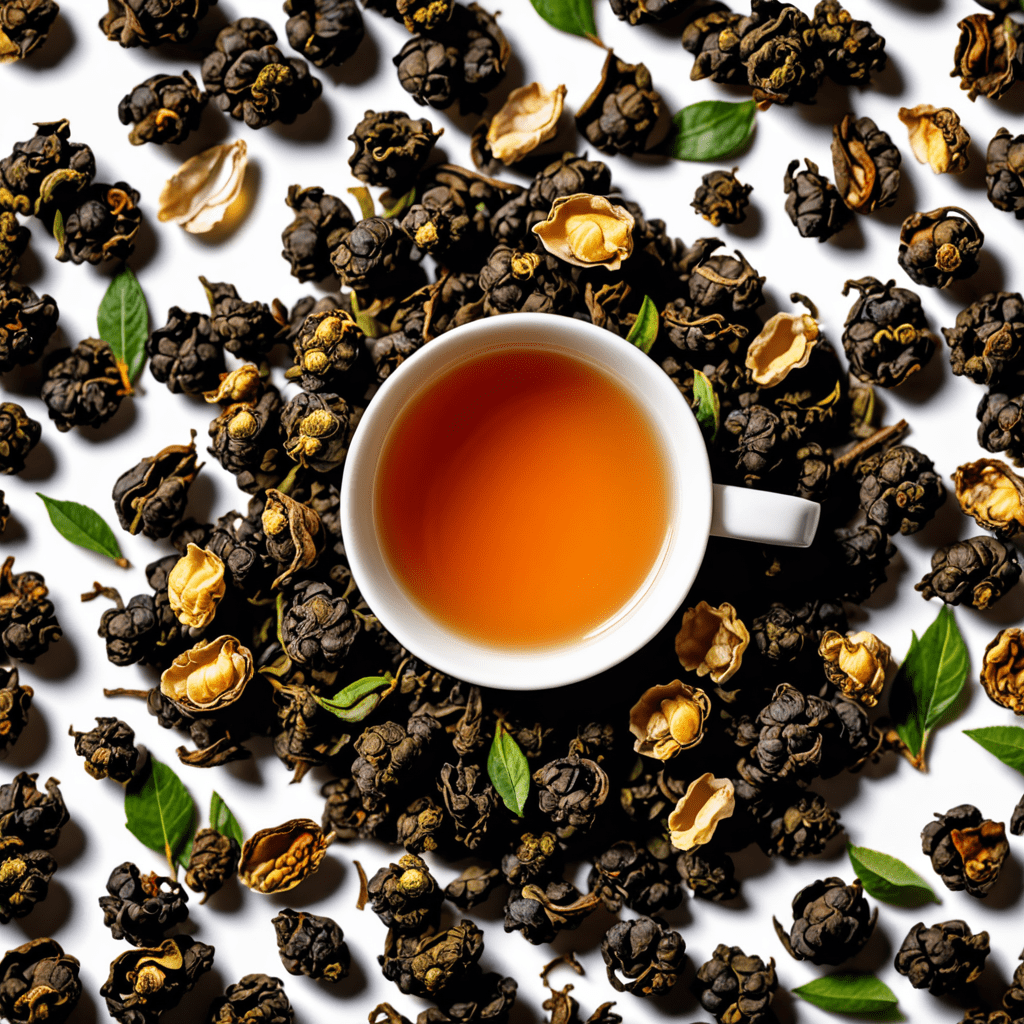
Black Tea vs Green Tea: An In-depth Comparison
When it comes to tea, there is a myriad of options available to choose from. Among the most popular are black tea and green tea. Both are renowned for their unique flavors, aromas, and potential health benefits, making them favorites for tea enthusiasts worldwide. In this article, we will delve into the characteristics, brewing methods, potential health benefits, and differences between black and green tea to help you choose the perfect cuppa for your palate and lifestyle.
What Sets Black Tea Apart?
Black tea, well-known for its robust flavor and dark liquor, is derived from the Camellia sinensis plant. This variety of tea undergoes extensive oxidation during processing, which gives it its distinct color and bold taste. With its diverse range of flavors, including malty, fruity, and spicy notes, black tea is a versatile choice that can be enjoyed plain, with milk, or with sweeteners.
Exploring Green Tea’s Unique Qualities
Green tea, on the other hand, stands out for its delicate flavor profile and light, refreshing brew. It is made from unoxidized leaves and is often celebrated for its grassy, vegetal, and slightly sweet undertones. Recognized for its potential health benefits and its role in traditional Chinese and Japanese tea ceremonies, green tea has garnered widespread popularity around the globe.
Brewing Techniques: Black Tea vs. Green Tea
One of the key differences between black and green tea lies in their brewing techniques. Black tea is generally steeped with boiling water for several minutes to fully release its robust flavors. Green tea, however, requires more delicate handling. It is best brewed with water below boiling temperature and is often steeped for a shorter duration to avoid bitterness.
Potential Health Benefits of Black and Green Tea
Both black and green tea offer potential health benefits due to their antioxidant content. Black tea is known for its ability to support heart health, improve gut function, and provide a moderate caffeine boost. Green tea, on the other hand, is lauded for its potential to enhance brain function, aid in weight management, and promote overall well-being. Moreover, both teas may contribute to a lower risk of chronic diseases.
Understanding the Differences: FAQ
1. Which tea has more caffeine: black or green?
2. Are there significant differences in the antioxidant content of the two teas?
3. Can black and green tea be enjoyed with added flavors or sweeteners?
4. Do both teas offer similar potential health benefits, or do they cater to different wellness needs?
5. Are there specific brewing techniques that should be strictly followed for each type of tea?
6. How do the cultural and historical backgrounds of black tea and green tea differ?
7. What are the ecological and environmental considerations associated with the production of black and green tea?
Ultimately, the choice between black tea and green tea boils down to personal preferences in terms of flavor, caffeine content, and potential health benefits. Whether you savor the bold richness of black tea or the refreshing subtlety of green tea, both offer a delightful way to enjoy a warm and comforting beverage while potentially reaping various wellness rewards.


